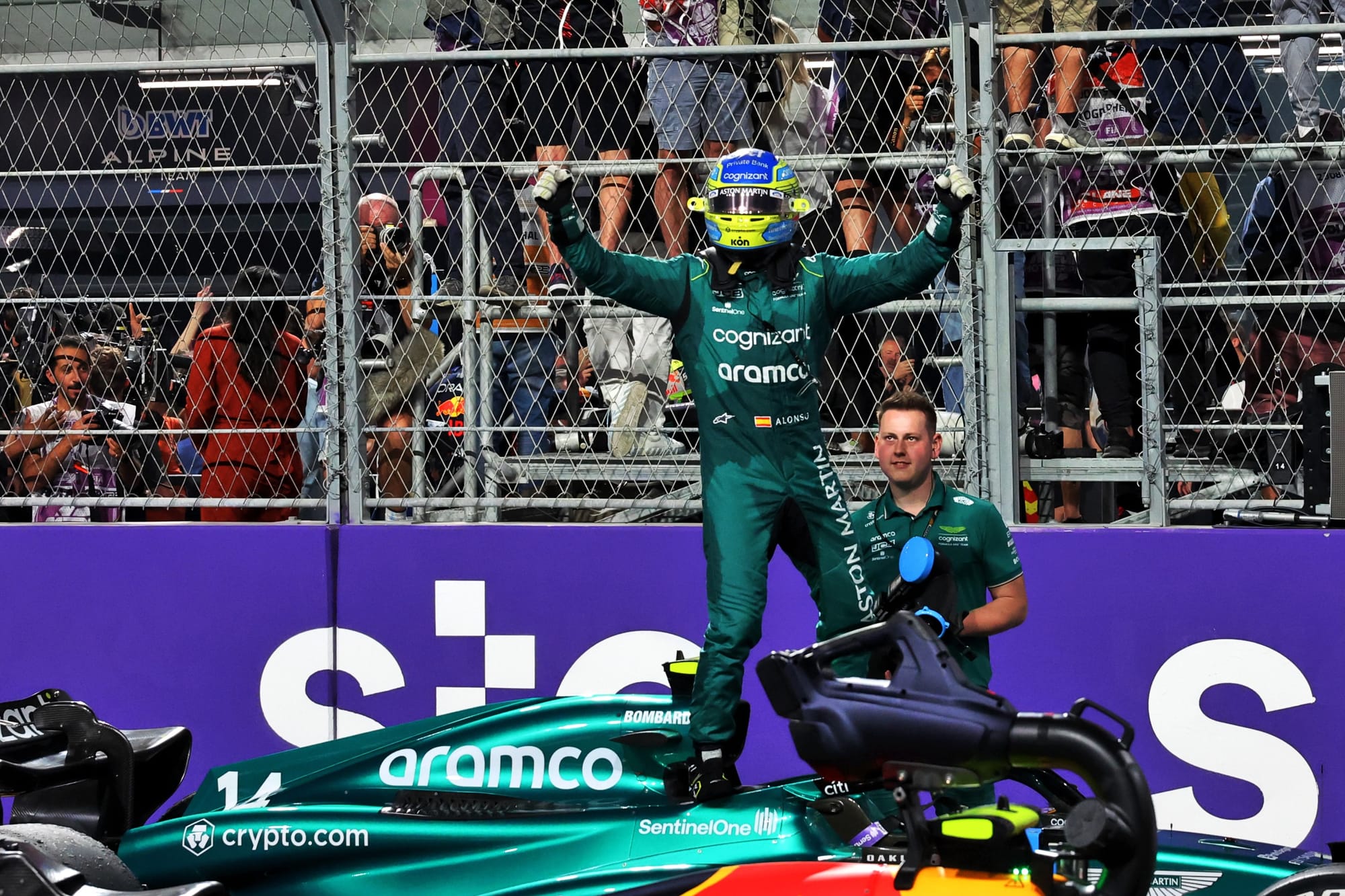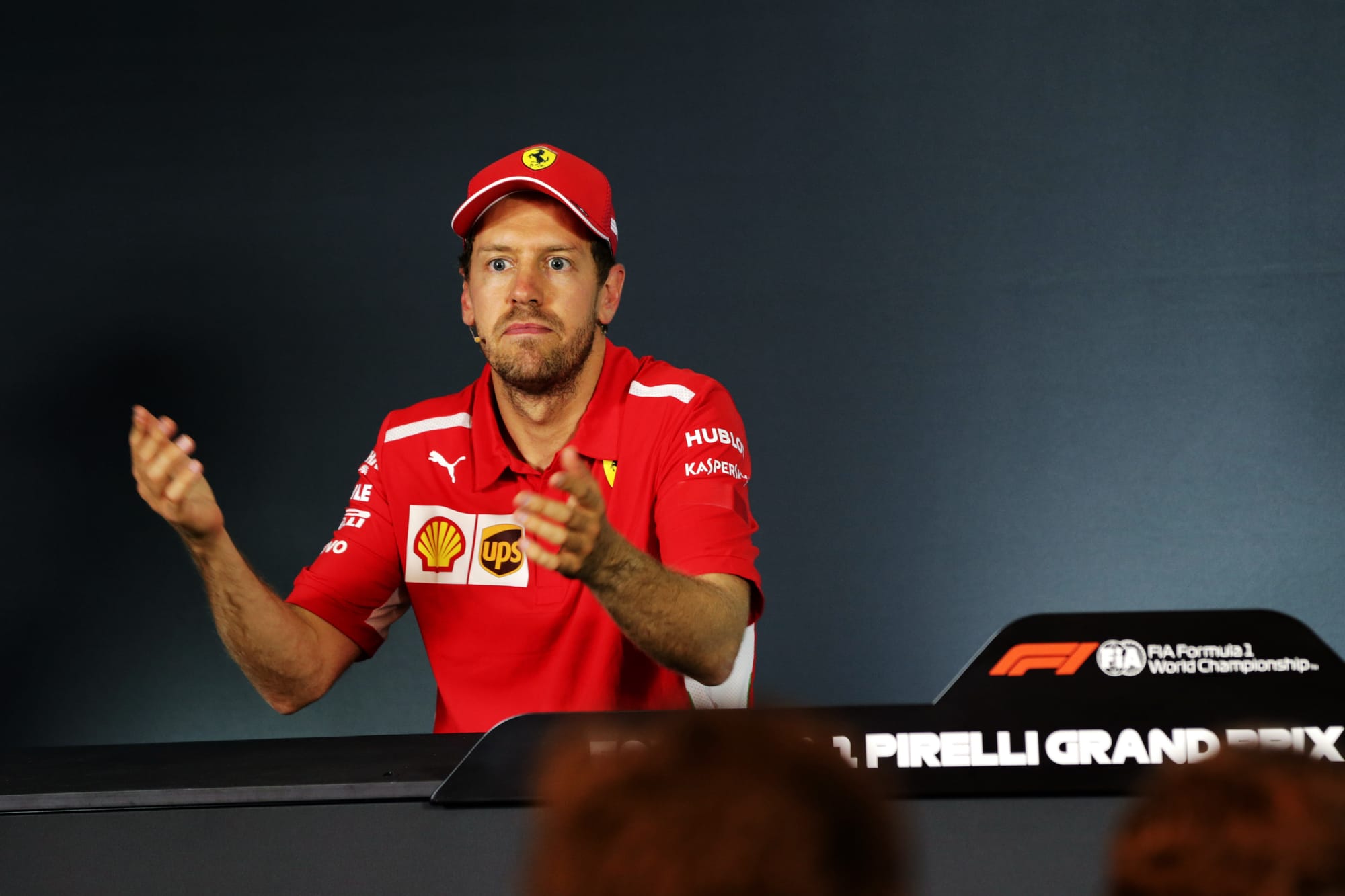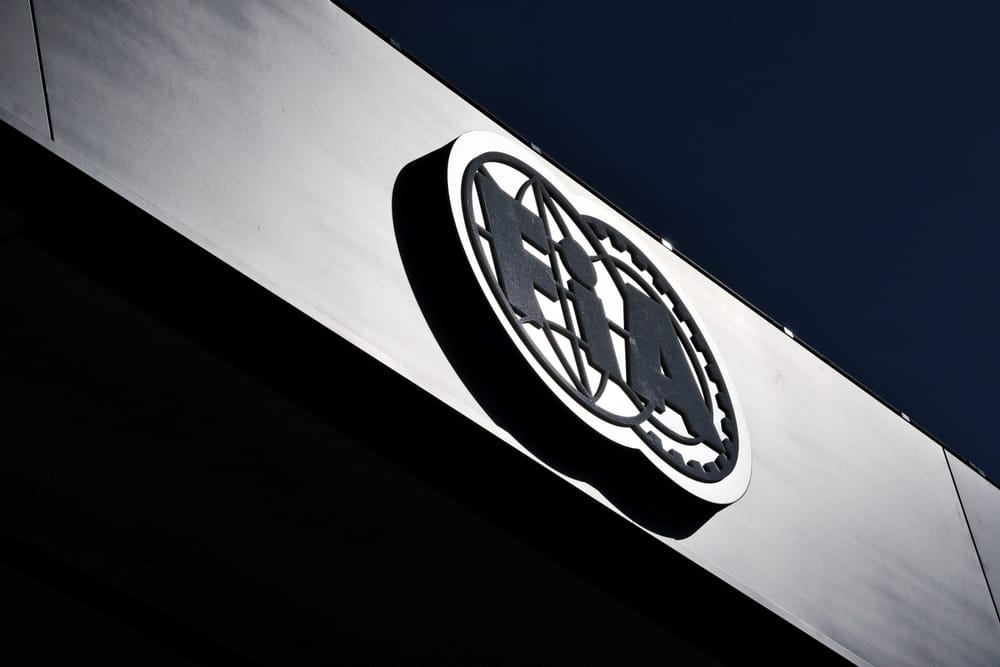Up Next

The FIA has moved to tighten the screws on the right of review process after increasingly common - and, many feel, frivolous - use in Formula 1.
Right of review is enshrined as a mechanism in the FIA International Sporting Code, allowing affected parties to petition for a ruled-upon case to be revisited - albeit triggering this process requires "a significant and relevant new element".
In 2023, right of review bids were lodged during the course of the season by the likes of Ferrari, McLaren, Haas and Aston Martin.
Aston Martin's bid was successful, allowing it to ultimately overturn a penalty that would've cost Fernando Alonso a podium finish through presenting what stewards accepted was indeed new and relevant evidence.

However, Ferrari's attempt to overturn a post-race Carlos Sainz penalty in Melbourne failed, with the stewards' assessment suggesting Ferrari's new evidence - which constituted telemetry and driver statements - fell well short of the threshold of being relevant or significant.
Likewise, McLaren came up empty in its attempt to annul a Canadian Grand Prix penalty to Lando Norris, and the Haas team's bid for the stewards to revisit the litany of potential track-limits offences in the United States Grand Prix was also firmly rejected.
Haas team boss Guenther Steiner, though, came off largely pleased with the outcome of that bid, admitting his team knew in advance it would be "difficult to make it stick" but saying it was "worth it for the whole of Formula 1" to further emphasise the track limits situation - as Haas' failed review bid did also prompt the stewards to formally criticise the track limits policing standards and tools as "completely unsatisfactory".
And Steiner also admitted that "a protest costs you a lot of money, a right of review costs very little - you need to be smart as well…".

Whether this was the impetus is only for the rulemakers to know, but the tightening of the right of review regulations in the latest edition of the International Sporting Code, publicised last week, suggests a right of review will no longer "cost very little".
Lodging a petition for review will now require a deposit that will be "set annually" by the FIA in F1's case. This deposit will only be returned if the petition is successful in forcing a review - or if "fairness requires" a refund despite the failure of the bid.
The ISC now also specifies that the petition for review "must specify the elements" that are new, significant and relevant in writing - before any hearing takes place.
And this petition can no longer be made within a 14-day window after the event, but now within just 96 hours (four days), with special circumstances allowing for that window to be extended by a further 24 hours but no more.
The Race says
The FIA's relationship with F1 teams is not exactly at its peak right now, especially given recent events concerning Toto and Susie Wolff, but while this particular move is one that effectively curbs one of the rights available to the competitors in grand prix racing, you'd imagine it will be met with an 'ah, fair enough'.
It should be, because it is fair enough. The right of review abuse has been out of hand for a while. Used so rarely in the past, it has became fashionable of late - with Ferrari's famous bid to give Sebastian Vettel the 2019 Canadian Grand Prix win with the help of, among other things, Sky F1 analysis by Karun Chandhok seemingly the canary in the coalmine.

It has increasingly become a Hail Mary for F1 teams to deploy when they don't like the outcome of the stewarding process - and, going by the bids we have seen over the last couple of years, you could certainly accuse teams of wilfully disregarding the pretty high bar of new/relevant/significant evidence set by the FIA, and therefore just wasting everybody's time.
There is a known dislike in both F1 and FIA circles of teams lodging what are perceived as spurious petitions for review, and their increased frequency has also likely contributed to the FIA taking so long with certain decisions again.
After all, it used to be that the stewards could work on the basis that even if teams were unhappy with certain decisions these decisions would for the most part be accepted rather than challenged through any and all methods available.
There is inherently a desire from the FIA to ensure a mechanism exists for wrongful penalties to be challenged.
A higher tariff to make those challenges simply re-dresses the balance - which, going by recent evidence, just wasn't quite right.




